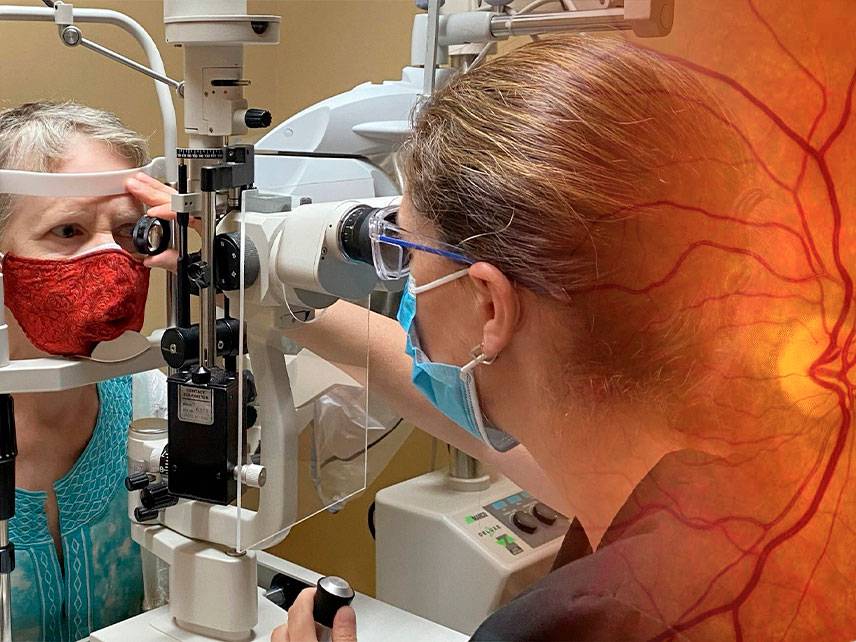
Age-Related Macular Degeneration: symptoms, diagnosis, treatment.
Age-related macular degeneration is a condition that affects the macula, which is the central part of the retina. The retina is the layer of tissue at the back of the eye that is sensitive to light and allows us to see clearly.
The macula is responsible for our central vision, which we use for activities like reading and driving. Age-related macular degeneration occurs when the macula deteriorates, resulting in a loss of central vision.
There are two types of age-related macular degeneration: wet and dry. Wet age-related macular degeneration is the more severe form of the condition and is caused by abnormal blood vessels growing under the macula.
Dry age-related macular degeneration is the more common form of the condition and is caused by the gradual thinning of the macula.
Age-related macular degeneration can lead to a loss of central vision. However, people with the condition can still maintain their peripheral vision, which allows them to continue to live independently.




